Information On Visas and Residency In Italy
Maybe it’s the architecture. Maybe it’s the stylish lifestyle. Maybe it’s the food, the coffee, Venice, The Colosseum, Da Vinci… Or everything in between. The point is, expats are considering more and more the possibility of living in the “boot”.
Before you embark on this journey, it is best to know the ins and outs of visa and residency requirements in Italy. This way, you’ll save yourself problems down the road.
EU and Non-EU Citizens
Expats may require different permits depending on how long they wish to stay in Italy, and where they come from. EU citizens don’t require a visa to enter Italy, despite planned duration of stay.
Plus, if you are not a EU, things get more interesting. All non-EU citizens need to apply for a visa if they plan to stay more than 90 days.
Italian Passport Benefits
Types Of Italian Visas
Schengen Visa / Tourist Visa (Dichiarazione di Presenza)
A Schengen short-stay visa entitles the holder to visit all the countries inside the Schengen Area. (These include: Austria, Belgium, Denmark, Finland, France, Germany, Greece, Iceland, Italy, Luxembourg, Netherlands, Norway, Portugal, Spain, and Sweden).
This type of visa lasts for 90 days and is stamped on arrival. Even so, it is important to keep a copy of the stamped receipt. Requirements include showing proof of return (a round-trip plane ticket for 90 days or less).
You may need to show proof of means of subsistence, depending on how long you’ll stay in Italy. This amount tends to sit around 300 euro.
For tourists arriving from a Schengen country should request the declaration within eight days of arrival. You can get it at the local police station. If you are staying at a hotel, the staff can supply and submit the declaration on check-in. Here’s a PDF version of the declaration.
After you receive this visa, you won’t be able to apply for another Schengen visa in another 180 days since the day you receive it.
Permit of Stay (Permesso di Sogiorno)
This Visa is intended for citizens outside the Schengen area that wish to stay in Italy for more than three months. Depending on the case, you can get either 6 months to 2 years. It is renewable, and it can last for a maximum of 5 years. After that, you have to apply for a permanent visa.
The types of permits include:
• Permesso di soggiorno per coesione familiare: This is a residency visa for spouses and children of an Italian citizen
• Permesso di soggiorno per lavoro: a work permit
• Permesso di soggiorno per lavoro autonomo/indipendente: For entrepreneurs businessmen, and free-lance workers
• Permesso di soggiorno per studio: A student visa
• Permesso di soggiorno per ricongiungimento familiare: For the reunion of spouse, children and dependent parents of foreigners married to Italian citizens. Also applies for family members from overseas
• Permesso di soggiorno per dimora – for foreigners establishing residence in Italy who don’t intend to work or study.
EC Long-Term Residence Permit (Permesso di Soggiorno per Soggiornanti di Lungo Período, S.L.P )
This is Italy’s permanent resident visa. You need at least 5 years of living in Italy to apply for it. You can file for application through postal service, or at a designated Municipal Office.
The EC long-term residence permit entitles you to enter Italy without a visa; work; enjoy social benefits services, and participate in local public life.
The Police State Office (Polizia di Stato) has a detailed information about the Italian visa. It also states that you cannot apply for an EC Residence on the following grounds:
- Study or vocational training and scientific research
- Temporary protection or other humanitarian grounds
- Asylum or when awaiting a decision for recognition as a refugee
- If you are a holder of a short-term residence permit
- If you hold a diplomatic, official and service passport
Certificate of Residence (Certificato di Residenza)
This visa applies to all EU citizens that wish to stay for more than three months in Italy. It is much easier to obtain, as it can be all done online in a few clicks.
According to the PSO, the applicant has to meet the following criteria:
- Are workers or self-employed persons in Italy
- Have enough resources for themselves and their family members. This in order to not become a burden on the social assistance system during their period of residence
- Enrolled at a private or public establishment to follow a course of study
- Are family members accompanying or joining a Union citizen who has the right to reside in Italy for more than three months
How To Get Italian Citizenship By Descent?






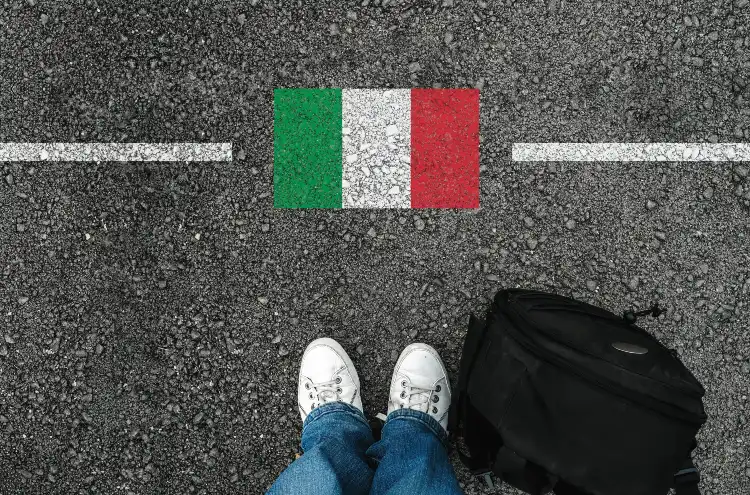





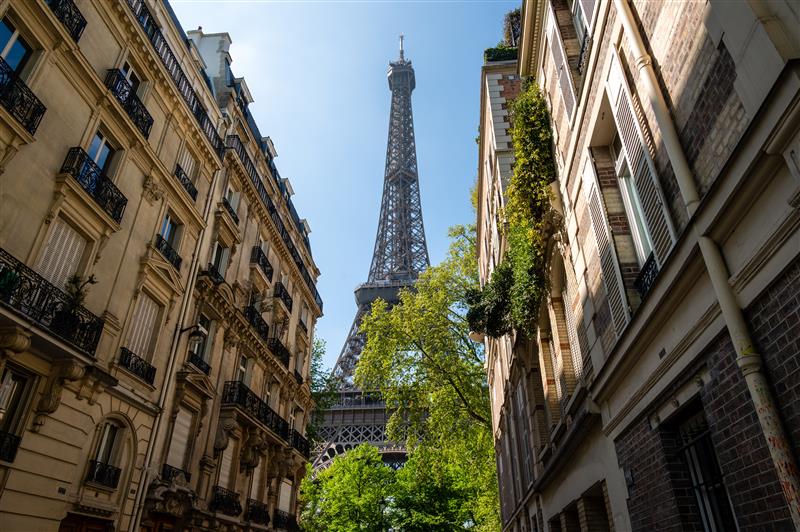 . '
. '
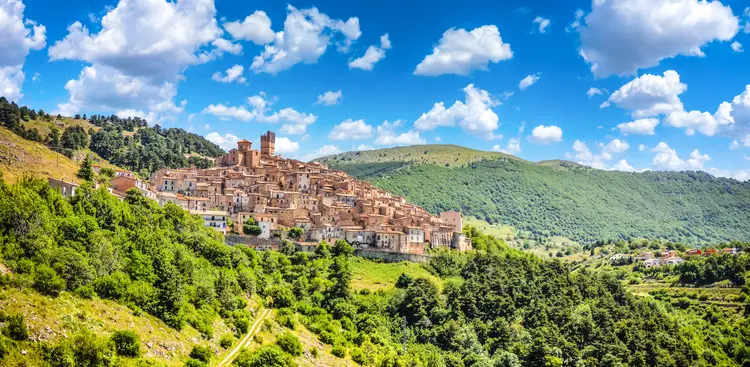 . '
. '
 . '
. '
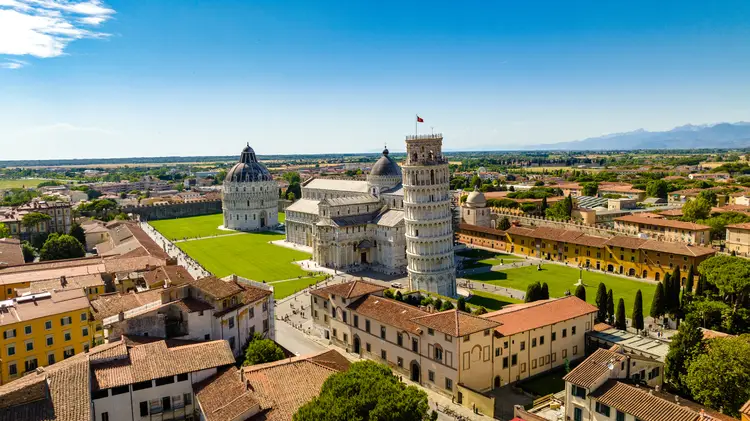 . '
. '
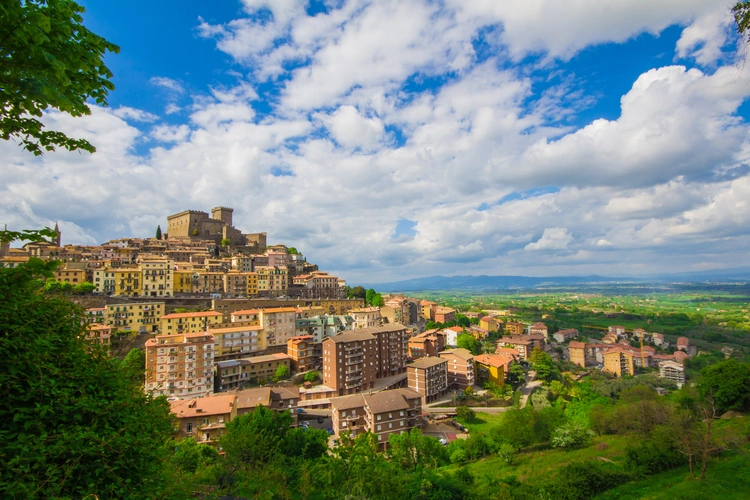 . '
. '








